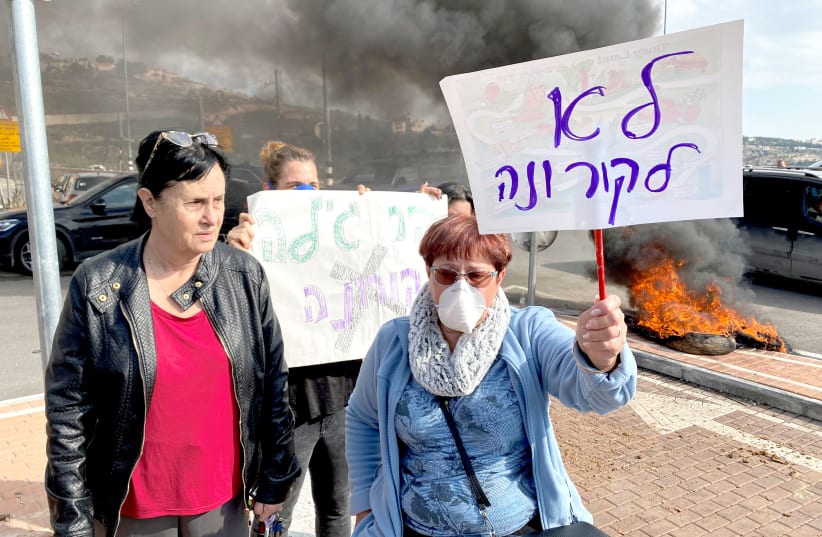Terrorist attacks – like viruses – can arise at any point. Missiles from Gaza, Lebanon and Syria are always poised to be launched, but that hasn’t stopped us from going about our daily activities, just like we don’t think twice about driving our cars on Israel’s dangerous roads. It’s how we compartmentalize risk in the Middle East.
That doesn’t mean we should ignore the Ministry of Health’s advisories. If I were to come in contact with someone who had the virus, I would of course accede to the ministry’s regulations.Depicting COVID-19 as a viral terrorist confounds the narrative of fearing the other. It allows us to think logically – from experience – not out of hysteria.Indeed, much of the strategy to contain COVID-19 seems driven by panic. It’s like when two airplanes crash in quick succession.Is Jewish ‘fear of the other’ driving Israel’s response to coronavirus?
Israel has taken some of the earliest, most severe steps in the world.
